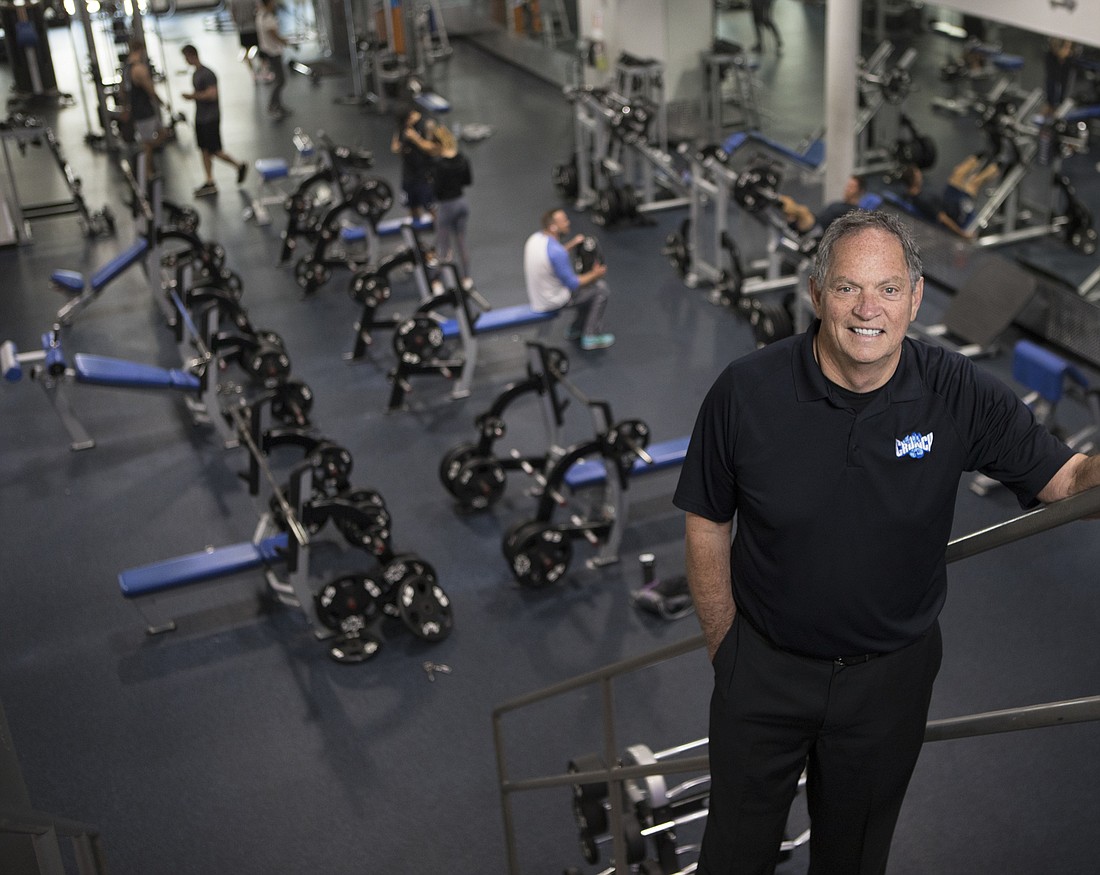- December 15, 2025
-
-
Loading

Loading

Geoff Dyer’s success in the fitness industry goes far beyond profit. He might just owe his life to it.
Dyer, founder of Lifestyle Family Fitness — whose Florida operation was sold to L.A. Fitness in 2012 — and now a top franchisee for New York-based Crunch Fitness, ballooned to 250 pounds during his youth in Australia.